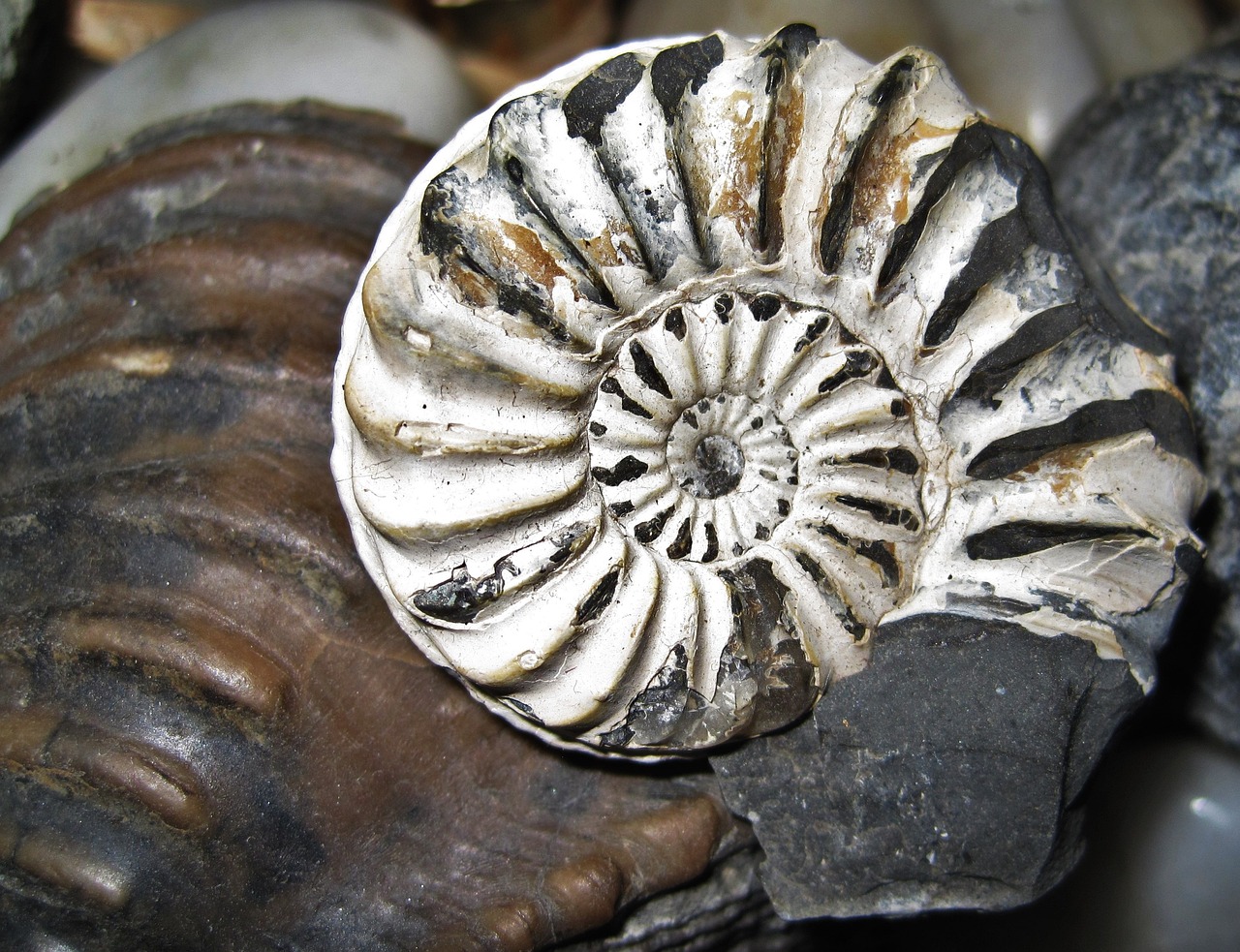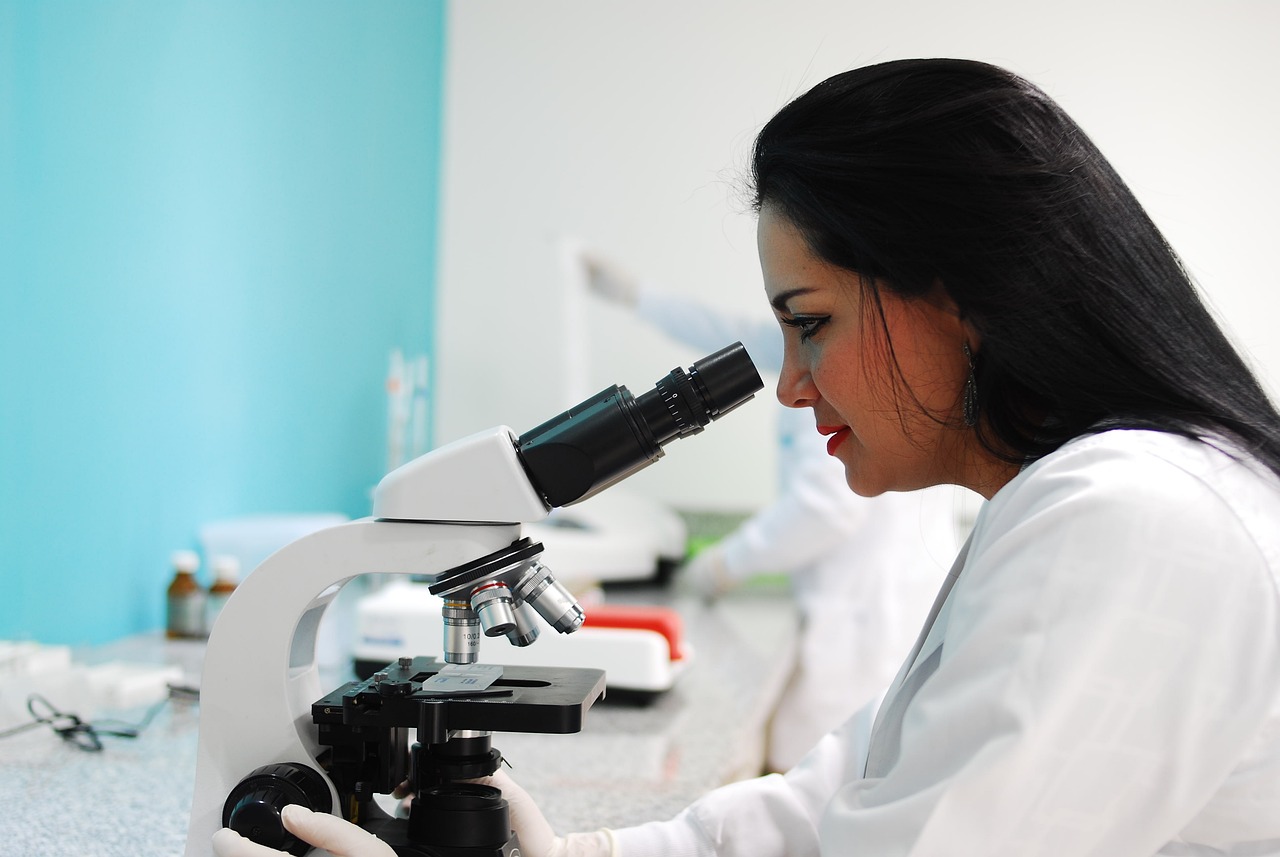
Nature's evolutionary journey has favored complex forms.Continue reading

Over 100 exciting events will be held at HUN-REN’s research institutes in Budapest and in the countryside on Friday September 27, their portal writes.
Researchers’ Night is a series of free events across Europe to promote science and careers in research. Through entertaining and inspiring talks, experiments, lab visits and other fun activities, people of all ages can discover the many new discoveries in scientific research. The main aim of the event, initiated by the European Commission’s Marie Skłodowska-Curie Actions, is to make the diverse work of researchers and developers attractive to young people – boys and girls alike.
In Budapest, the Bay Zoltán Nonprofit Ltd. for Applied Research will transform a tram on line 47 into a research station, where those interested can make exciting discoveries and interview researchers. Furthermore, visitors can also use VR glasses to scan the huge islands of rubbish in the ocean and, as strange as it sounds, get an insight into the world of sustainable injection molding. The evening ends with an acoustic concert by Ivan & The Parazol.
If someone interested in the Hungarian language on Friday, they can get to know Puli, the Hungarian chatgpt.
Those interested can also try out robots at SZTAKI: Husky, the self-driving robot, mainly likes to map things, while the robot dog will show how much artificial spatial intelligence has evolved in recent times. If all that was not enough, visitors can also find out how old AI thinks they are based on their photos or blood work.
At the HUN-REN Research Center for Natural Sciences, those interested can take a tour of a very colorful light lab, where they can learn about the emission of light from materials and see everyday examples of phosphorescence and fluorescence.
In Szeged (southern Hungary), visitors can gain an insight into the complex workings of our brains and learn how our blood cells are made up and what lies behind the numbers on the blood cell count, as well as mRNA-based vaccine development.
At the HUN-REN Institute of Earth Physics and Space Science in Sopron (northwester Hungary), Hungary, they will discuss why the next Hungarian astronaut might want to study light phenomena related to lightning from space. In addition, Sopron will also reveal how the Carpathian Basin was formed and what tectonic movements can currently be detected in the area.
The programs of HUN-REN’s research institutes are collected here. Until the Researchers’ Night (September 27), it is worth returning to our website several times, as new programs will be added continuously. Some events are subject to registration, therefore it is advisable to register as soon as possible, as places are quickly running out.
Via HUN-REN; Featured image via Pixabay